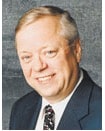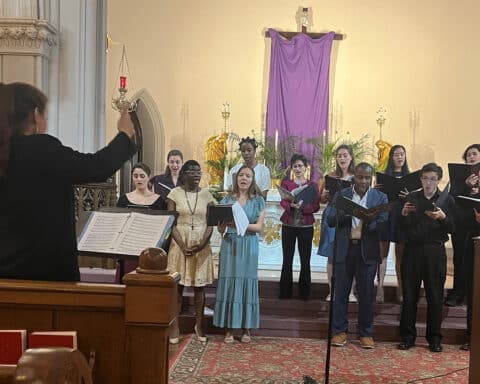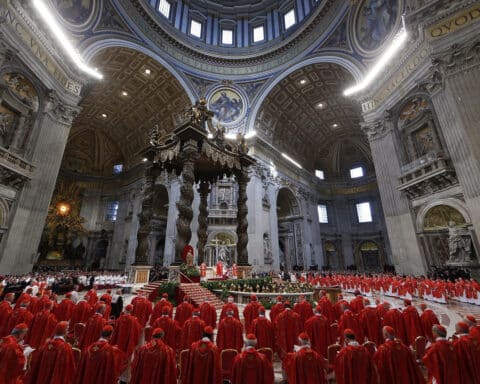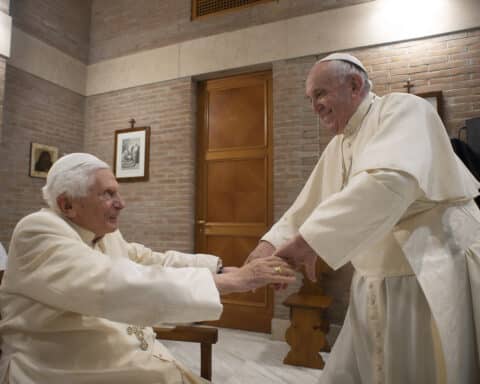
I wasn’t with him when he was peddling stories to men’s magazines back in the early 1970s. But I found him quick when “Carrie” (Penguin Random House, $9.99), his first book of scary fiction, came out in 1974. He had been only a year ahead of me at our respective New England colleges, and I’ve been with him ever since.
He developed a reputation as a horror writer early, and “Salem’s Lot” (Penguin Random House, $16), a re-telling of the Dracula story, is probably one of the classics of harum-scarum in American fiction. But I don’t like to pigeonhole him. “The Shining” (Penguin Random House, $16.95) and “The Stand” (Penguin Random House, $17) are classics in American fiction. Period. He wrote all three in his 20s. If I didn’t enjoy them so much I would have been horribly jealous.
Sure, he’s had a clunker or two — “Gerald’s Game” (Simon & Schuster, $17) was not my cup of tea. But then there is “The Girl Who Loved Tom Gordon” (Simon & Schuster, $17), which I consider an absolutely beautiful story.
King is not Catholic. He was born and raised Methodist and is identified as such today. But “The Girl Who Loved Tom Gordon” is so thoroughly Catholic in spirit that I’d swear he swam the Tiber.
A warning to readers: A gruesome murder and tough language are integral to “The Outsider.” Those who read King know what to expect. High violence quotient. The book is for grown-ups.
Virtually all of King’s books contain the hubris of modernity struggling with faith. Modernity is all logic, science and smarts. And collapses in the face of the unexplainable. That’s a key to “The Outsider.”
A critical character is Holly, a genius detective with a host of would-be crippling personality flaws and fears that she wrestles with daily. One way she copes is morning and evening prayer at the suggestion of her analyst, though she’s an uncertain believer:
“She got down on her hands and knees, closed her eyes and folded her hands,” King writes.
“It’s Holly Gibney again, and I am still trying to do my best,” she prays. She asks for blessings on her friends — living and dead — “and I’m not smoking. Tomorrow I’m going to Dayton. Please help me to stay safe in my car, obey all traffic rules and help me to do the best with the facts at hand.” King concludes, “She got into bed and was asleep five minutes later.”
I like Holly’s first and last name formal introduction to God, so he won’t confuse her with another Holly; and how she is rewarded with a good night’s sleep. Classic stuff from King. He has the gift to describe the ordinary while leading the reader into the extraordinary.
Prayer infuses Holly’s character, and she needs it with the enemy she discovers, whose “real weapon is our refusal to believe.” Belief becomes a courageous act in “The Outsider.”
King gets the reader thinking. I’d never accuse him of subtle evangelization. He’s writing a scary book, not theology. But Holly’s sense of faith grows as “The Outsider” moves along.
That’s enough. I’d never forgive myself if I committed a spoiler on a Stephen King story. It’s another good read from him. Not surprising.
Holly’s night prayer stayed with me. I was reminded of the nuns telling us back in fifth grade to “act as if you have faith, and faith you will have.” Practice the faith, and it will become a part of you. Holly is like that. She doesn’t pray conditionally.
Belief leads to prayer. But it is just as likely that prayer will lead to belief.
That’s a lesson one doesn’t expect from a scary book. Unless reading Stephen King.
Robert P. Lockwood writes from Indiana.





